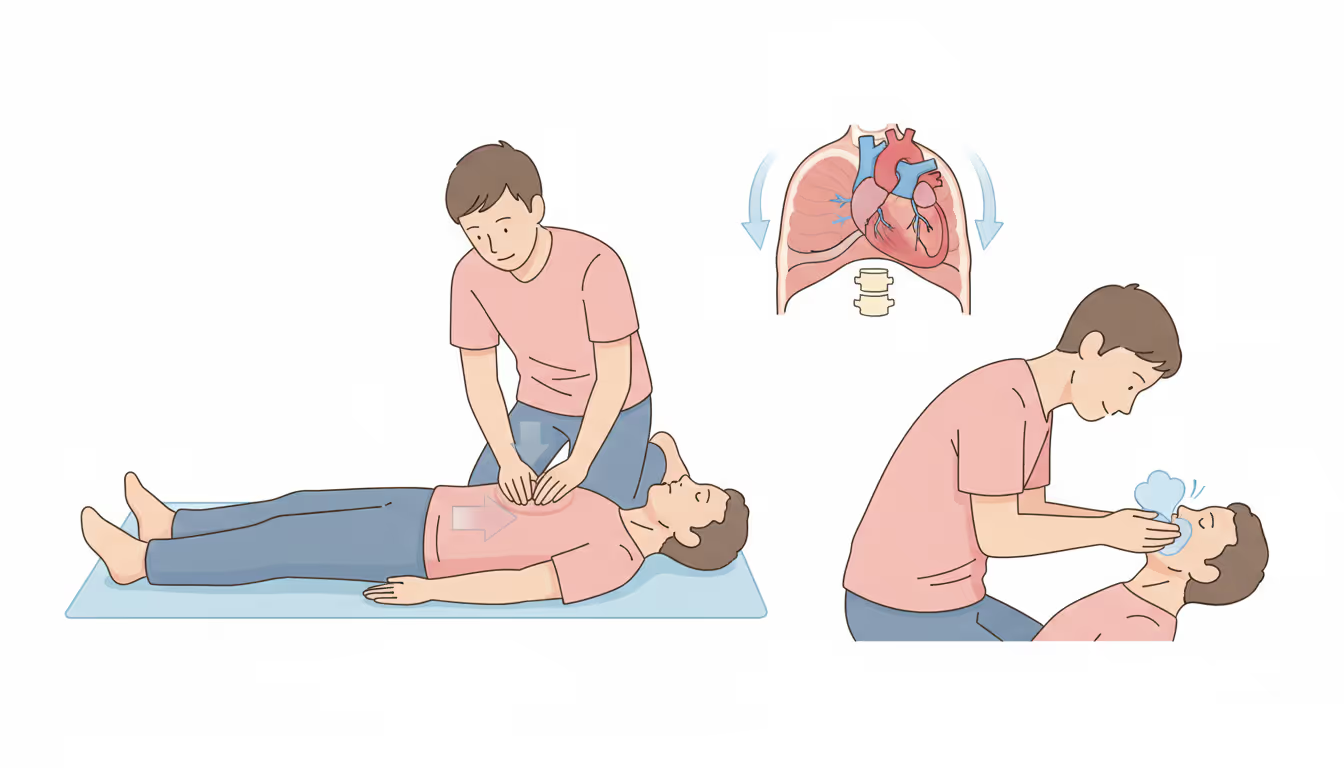
Hippocratic Oath:Recognized as one of history's oldest binding agreements, the Hippocratic Oath remains a revered pledge for doctors. It commits them to provide the best care possible to the sick, maintain patient confidentiality, and pass on medical knowledge to future generations. Various versions of the oath exist, and here we showcase two: a "classic" version, which is a rendition of the original, and a more "modern" interpretation.Classic Version of the Hippocratic Oath:I swear by Apollo the Healer, Asclepius, Hygieia, Panaceia, and all the gods and goddesses, taking them as my witnesses, that I will carry out, to the best of my ability and judgment, this oath and this agreement:To hold my teacher in this art in equal regard as my parents, to live my life in partnership with him, to share my resources if he is in need, and to consider his children as my own brothers, teaching them this art if they wish to learn it, without fee or formal agreement. I will share my knowledge with my sons, the sons of my teacher, and with students who have committed to this oath, but with no others.I will use dietary measures to benefit the ill in line with my ability and judgment, keeping them from harm and injustice.I will not give a deadly drug to anyone who asks for it, nor suggest such a course. Similarly, I will not provide a woman with an abortive remedy. I will maintain the purity and holiness of my life and my art.I will not use the knife, even on those suffering from stones, but will defer to those who are trained in this craft.In whatever homes I enter, I will go for the benefit of the sick, avoiding all intentional injustice, mischief, and especially sexual relations with both men and women, whether free or enslaved.Whatever I see or hear in the lives of my patients or outside in the world, which should not be spoken of, I will keep confidential.If I uphold this oath and do not violate it, may I enjoy life and art, honored by all for all time; should I break it and falsely swear, may the opposite be my fate.Modern Version of the Hippocratic Oath:I pledge to fulfill, to the best of my ability and judgment, this promise:I will respect the hard-won scientific contributions of the physicians who came before me and willingly share my knowledge with those to come.I will apply all necessary measures for the benefit of the sick, avoiding the pitfalls of overtreatment and therapeutic nihilism.I will remember that medicine is both an art and a science, and that compassion, empathy, and understanding can surpass the value of the surgeon's scalpel or the chemist's drug.I will not hesitate to admit when I do not know something and will seek the expertise of my colleagues when their skills are needed for a patient's recovery.I will respect my patients' privacy, knowing their issues are shared with me confidentially. Life and death matters require particular care; if given the chance to save a life, I am grateful. If I might end a life, this grave responsibility must be approached with humility and awareness of my own limitations. Above all, I must not play at being God.I will remember that I treat a sick person, not just a symptom or disease, and that their illness may affect their family and economic circumstances. My responsibility extends to these aspects if I am to provide comprehensive care.I will prevent disease whenever possible, as prevention is preferable to cure.I will remember that I am part of society, with obligations to all, both the healthy and the sick.If I uphold this oath, may I enjoy life and art, respected in my lifetime and remembered fondly afterward. May I always act to preserve the finest traditions of my profession and experience the joy of healing those who seek my help.The classic version of the Hippocratic Oath is translated from the Greek by Ludwig Edelstein, taken from "The Hippocratic Oath: Text, Translation, and Interpretation," published by Johns Hopkins Press in 1943. The modern version was authored in 1964 by Louis Lasagna, then Dean of the School of Medicine at Tufts University.




